The quasi-vaccine could help healthcare workers weather a virus outbreak in the future.
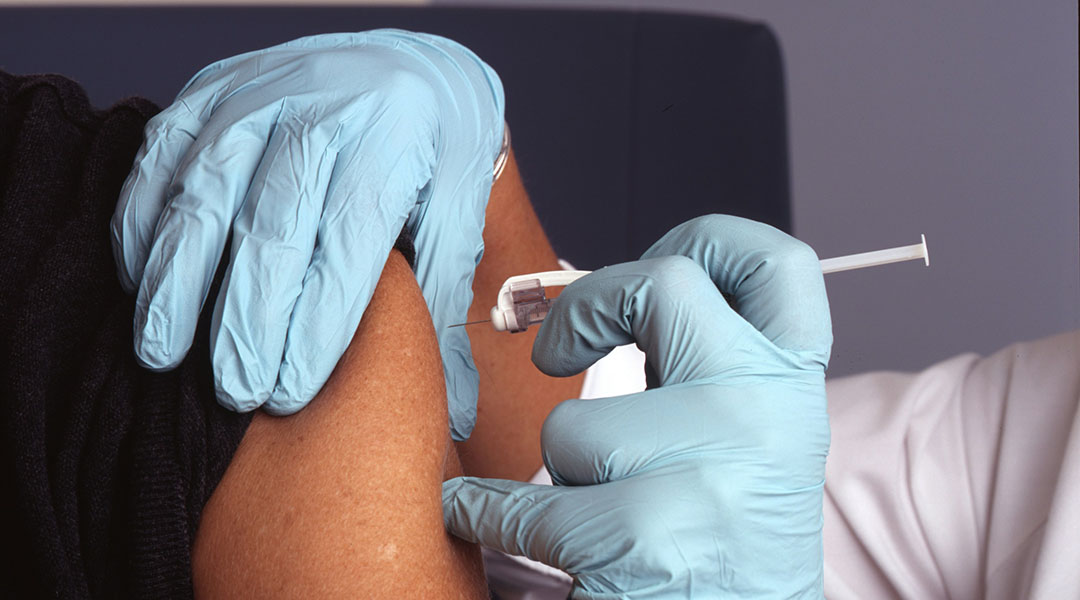

The quasi-vaccine could help healthcare workers weather a virus outbreak in the future.
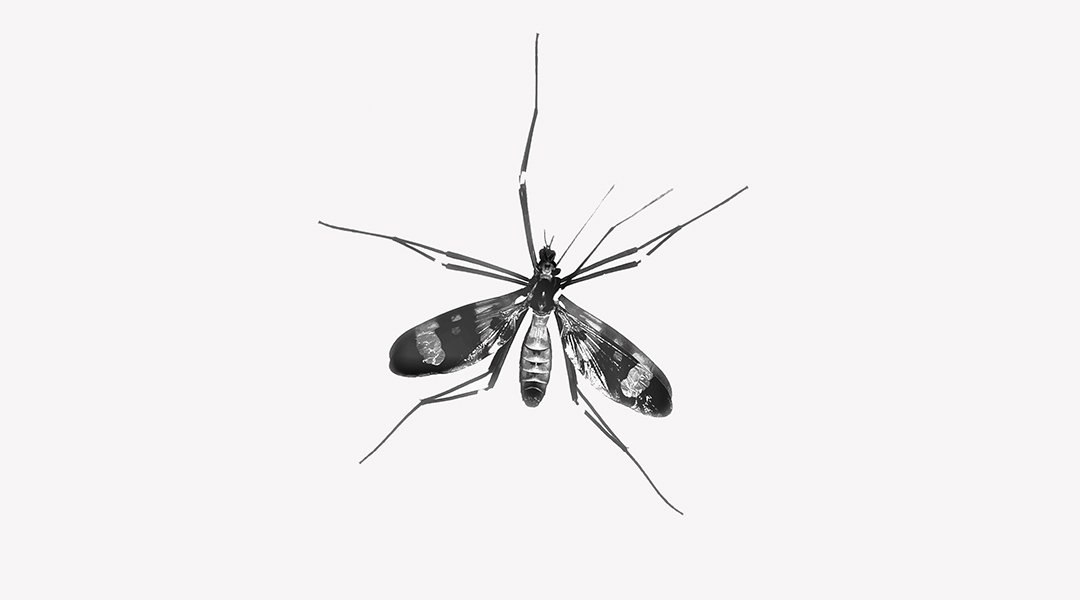
This new class of antivirals could unlock treatment for viruses beyond just dengue that have been challenging to treat in the past.
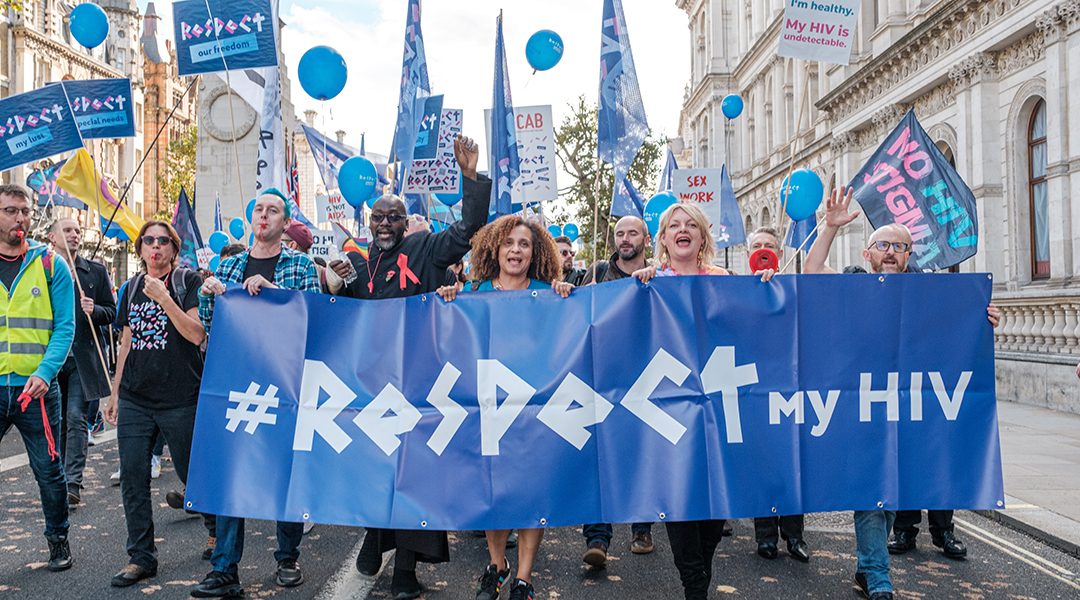
A rare group of patients have been found to maintain a very low viral load and a functional immune system after stopping antiviral treatment.
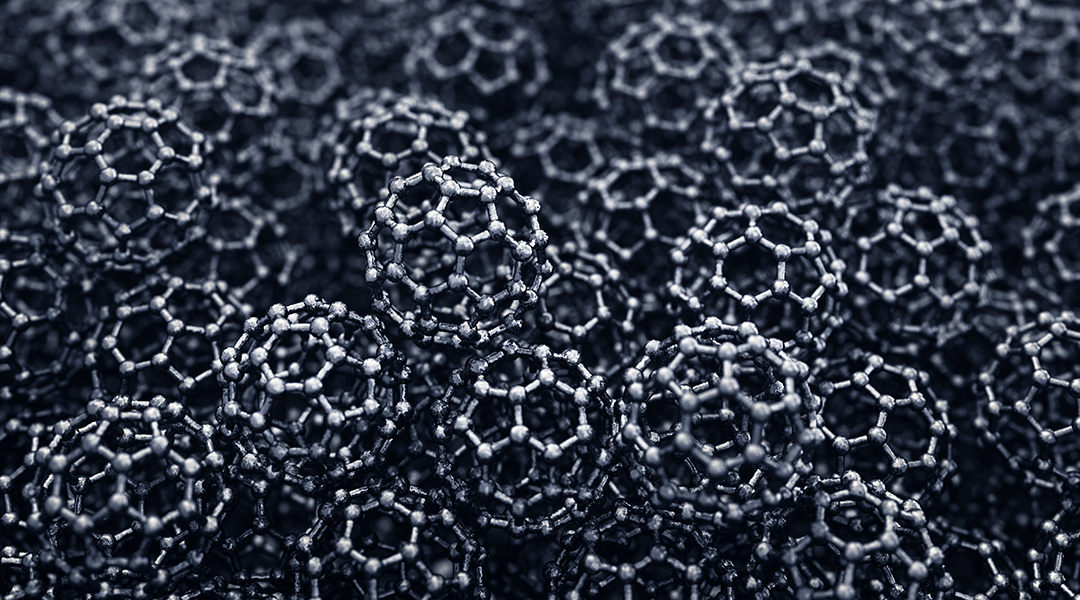
Scientists are investigating how fullerene nanomaterials can be used as antivirals against different variants of SARS-CoV-2 and other viruses.
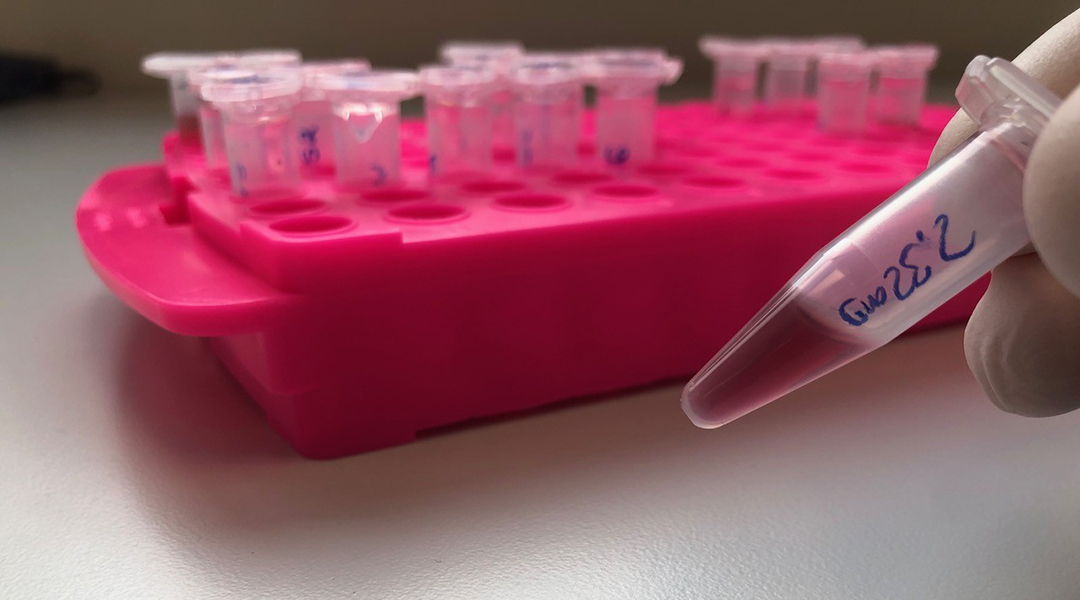
Polymer-based broad spectrum antivirals show activity against Zika, Ebola, HIV-1, the Herpes simplex virus, and now, SARS-CoV-2.
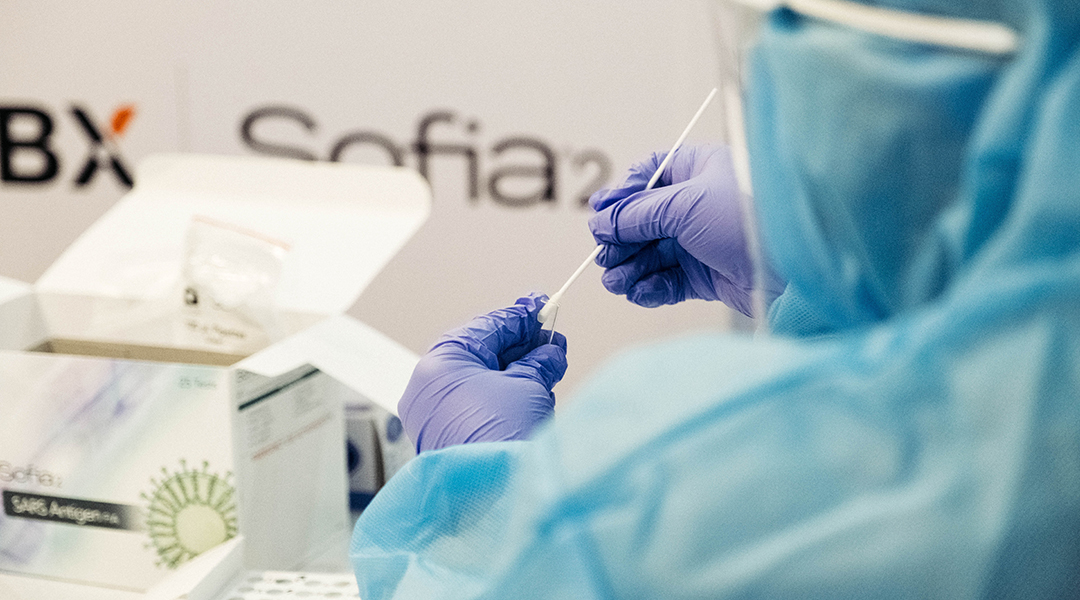
With SARS-CoV-2 continuing to circulate, new oral antivirals promise to be game changers in helping to end the pandemic.

Viruses are so varied and evolve so quickly that creating effective treatments against them becomes a daunting task.

Creating antiviral drugs to help treat infected patients is more important than ever. Now, researchers report a non-toxic macrocycle antiviral agent that shows high efficacy against several influenza strains.

Inactivating viruses from biopharmaceutical source materials can be achieved with detergents. However, the frequently used detergent Triton X-100 is ecotoxic and must be replaced with eco-friendly alternatives.
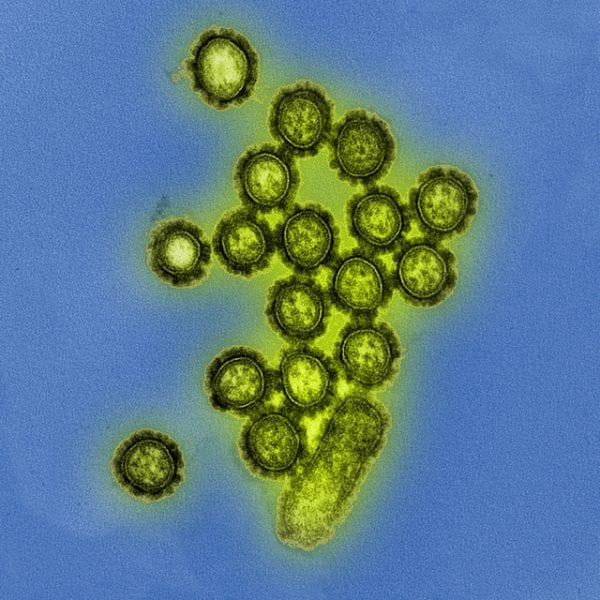
Polymeric nanoparticles acting as intracellular ROS regulators show promise as antiviral agents in influenza-infected kidney cells.